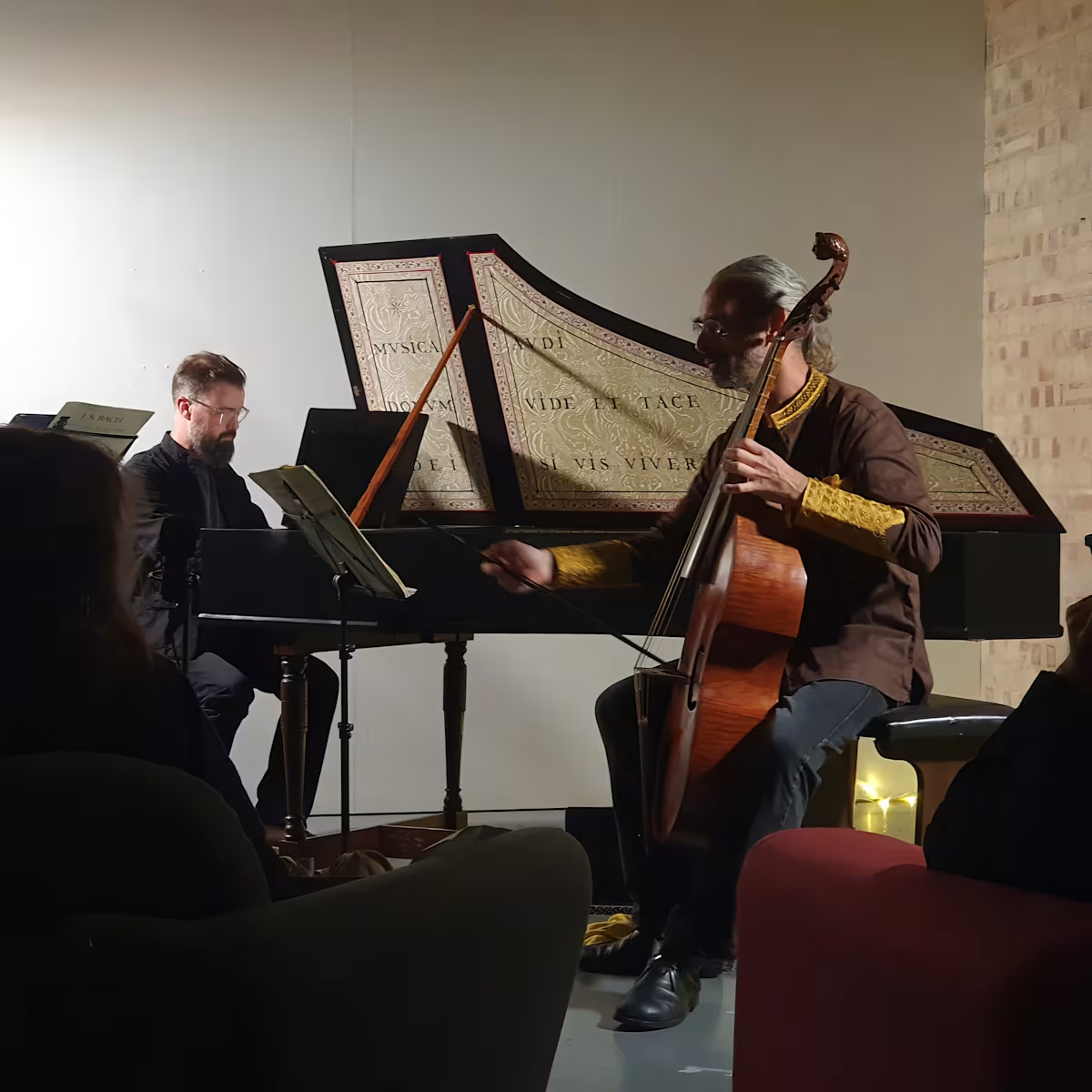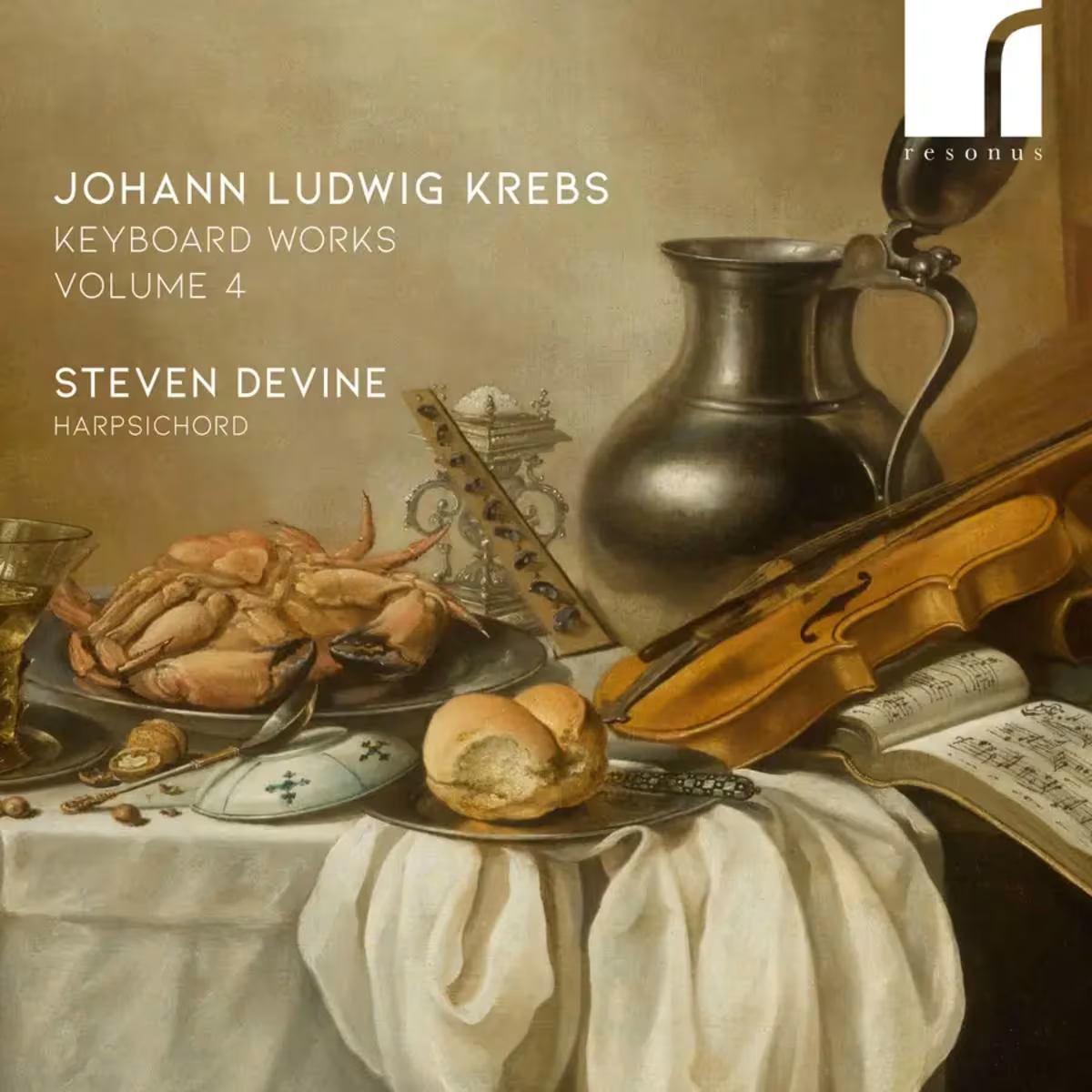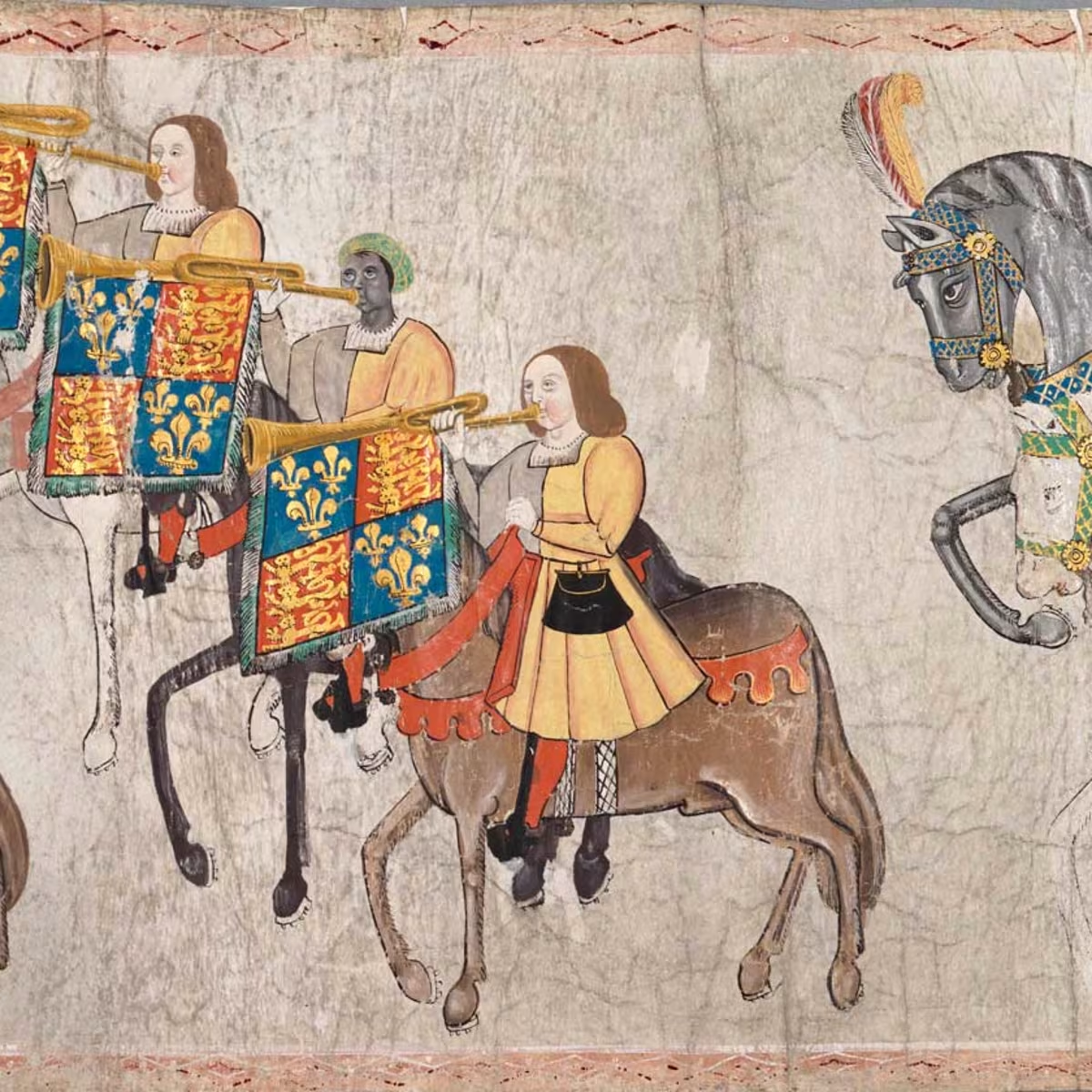Feature
Michael Berkeley and 30 years of Private Passions
Share this

On 15 April, Radio 3's midday-on-Sunday programme, Private Passions, will celebrate its 30th birthday. Over the past three decades, the show has included more than 1,100 guests – distinguished people from many professions (but mostly the arts and sciences), choosing music that means a lot to them. Each guest has had the chance to delay the listener's lunch through a discussion about their own work, as well as their musical taste, with the programme's host, composer Michael Berkeley. He himself has had a side career as a Radio 3 presenter going back to the late 1970s. He also has the sort of pedigree that makes it quite hard for illustrious guests to say no.

Michael was brought up in London, the son of composer Sir Lennox Berkeley and godson of Benjamin Britten. He was a chorister at Westminster Cathedral, but has spent much of his life on a small farm in the Welsh borders, which explains his title in Parliament as Lord Berkeley of Knighton. He sits as a Crossbencher, of no political party allegiance, but is active in asking questions of the Government and being prominent in debates. As well as songs and much chamber music, Michael has written three operas so far, collaborating with the writers, David Malouf and Ian McEwan, as librettists.
The third movement from Bach's Brandenburg Concerto No. 1 was among Dame Judi Dench's choices from her appearance on the programme in 2004.
The idea for Private Passions was hatched with the then Controller of Radio 3 and the Proms, Nicholas Kenyon. “Its origins came, funnily enough,” says Michael, “not from Desert Island Discs, but from Man of Action. Nick thought it needed a presenter. It is also different from Desert Island Discs in that we would never have someone who is not passionate about classical music. I always loved John Freeman's Face to Face [on TV in the 60s] and wanted to do something similar on radio, which is ideal for allowing people to tell their stories. Music connects people cathartically with their lives.”

Elvis Costello chose this Fantasia by Purcell, alongside works from Byrd to Britten, Schubert to Stravinsky.
“At first Radio 3 thought it would be most interesting to hear why non-musicians love music. This has largely remained true, though we have begun to include distinguished musicians whose Private Passions we may not know. So, Alfred Brendel was on when he had retired from performing and was writing. The programme is more malleable now, which means we can also respond to what the rest of Radio 3 is doing. For example, very recently there was a day devoted to Pierre Boulez's centenary, and Gerald McBurney [a composer who worked with Boulez closely at the Chicago Symphony Orchestra] was able to take us in a new direction. I enjoy having another composer on the show now and again, and their choices can be surprising. Harrison Birtwistle chose Roy Orbison. I am most pleased we had Ligeti on because he passed away soon after. We've had artists too, of course - like David Hockney, and Maggi Hambling who spoke a lot about Benjamin Britten, but picked the theme from Coronation Street - and a lot of poets. Geoffrey Grigson and Jo Shapcott come to mind, as well as most of the poets laureate.”

While the format and Michael's helmsmanship have been constants for Private Passions, the programme has not been produced by Radio 3 itself until the last two years. For 18 years, it was made by Classic Arts, often from the top of the house in Notting Hill that also contained the offices of his late first wife, the literary agent Deborah Rogers. For the next decade, it went across to Loftus Media in Shepherd's Bush. Now it is made in Broadcasting House.
The move into the BBC headquarters coincided with Private Passions expanding its slot in the schedule. Michael says, “for the last year we have moved from one hour to 90 minutes, which means the producer can play longer works and still get a balance. Some like it, some don't. It really depends on the guest. We used to say that we would have 25 minutes chat and the rest music, and we still have half an hour or so conversation. Although it feels live, what you hear can be months old, depending on the availability of guests and studio. I try to put two or three recordings in a week so I can carve out enough time in Wales for composing.”

I wondered how much of a free rein the guests have in choosing the music, and how much is steered by the producer and Michael to avoid repetition and the most obvious works. “Basically it's their list. At the start everybody asked for the Four Last Songs and I said, do look at the rest of Strauss, then nobody picked them for about ten years!”
Sir David Attenborough chose the opening of Monteverdi's Vespers (1610), as well as tracks by Mozart and Handel.
The programme's anniversary this year does not fall conveniently on a Sunday. Instead, on Tuesday 15 April, Radio 3 will broadcast short extracts from some of the most memorable episodes across the day's schedule from Breakfast through Essential Classics to In Tune. The guests whose picks will be brought from the archives include Douglas Adams, Kate Adie, Joan Armatrading, Sir David Attenborough, Sir Isaiah Berlin, Jo Brand, Jarvis Cocker, Professor Brian Cox (the astronomer), Brian Cox (the actor), Dame Judi Dench, Dame Edna Everage, Rupert Everett, Miranda Hart, Olivia Harrison, David Hockney, Joanna Lumley, Dudley Moore, Sue Perkins, Steve Rosenberg, Peter Ustinov and Dame Lola Young. “I've been amazed how we don't need to do people again, though we have asked some people back from the very early days, like Simon Russell Beale.” Michael himself will be a guest on In Tune that day, the drive-time programme that replaced another he used to present, Mainly for Pleasure – a title that could still describe Private Passions very succinctly.
By Simon Mundy
You can explore the available episodes of Private Passions on the BBC website.
Share this
Keep reading

Jan Zahourek and ZAREKtrio
ZAREKtrio presents "Bs and Bees:" Performing works by Buxtehude and Bach in unique venues, they intersperse baroque music with poetic musings on bees.

Johann Ludwig Krebs: Keyboard Works
Steven Devine has recorded the complete keyboard works by Johann Ludwig Krebs with a number of world premiere recordings.

How African Musicians Came to Medieval and Renaissance Europe
Ted Gioia tells how an African trumpeter ended up in Tudor England - and how Western music has always been multicultural.

